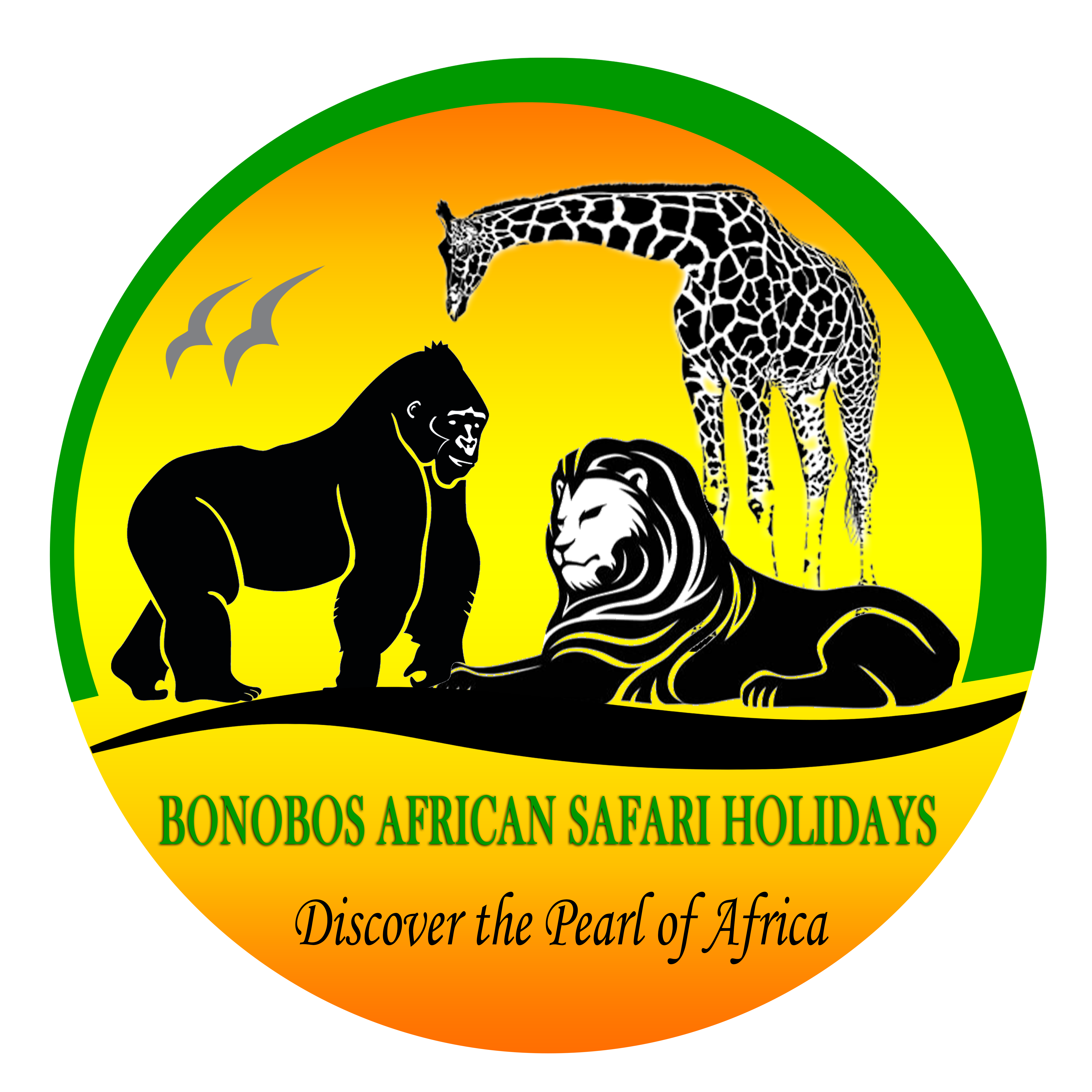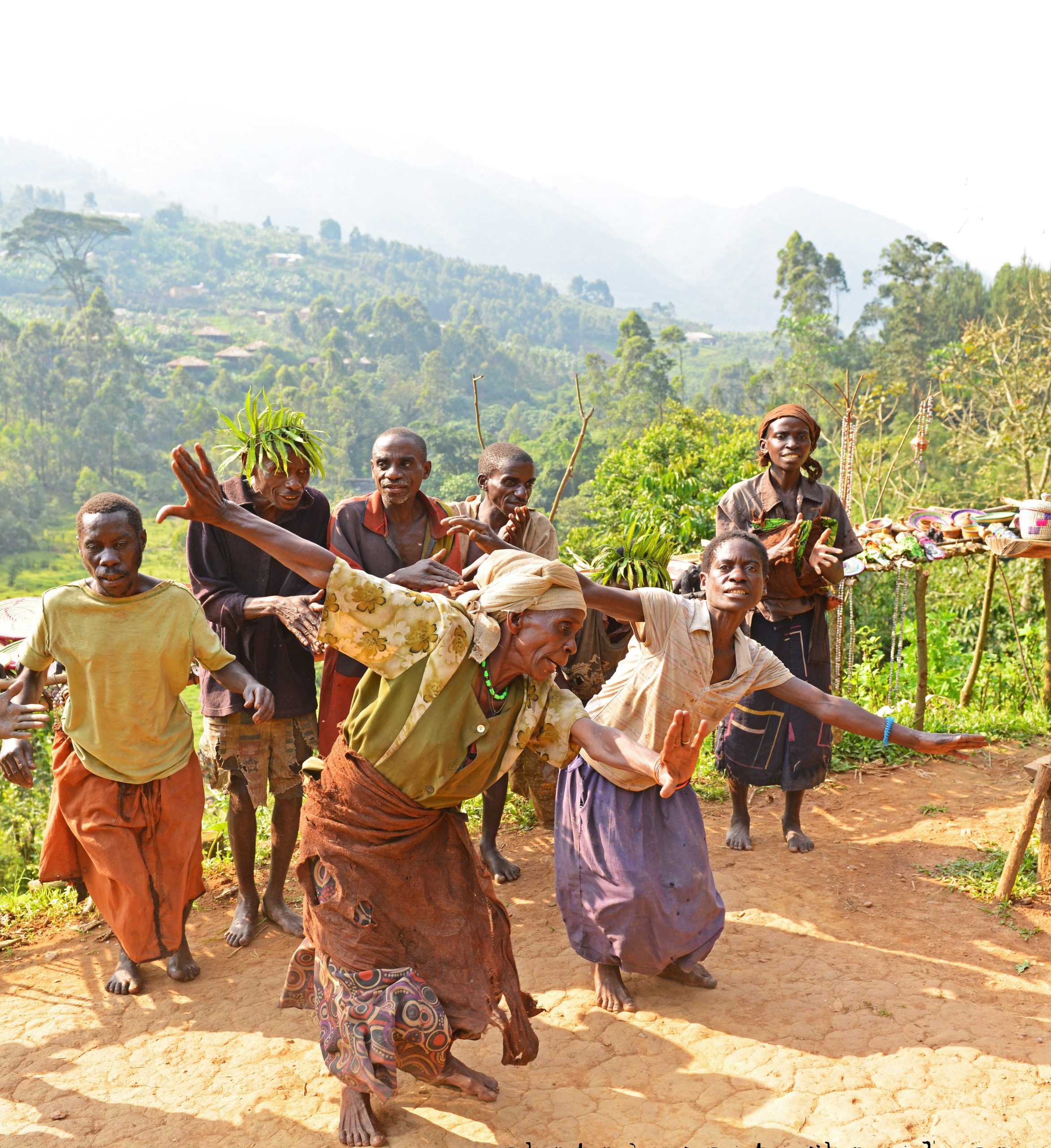Exploring the Rich Heritage and Vibrant Activities of the Batwa Community
Welcome to our blog post where we delve into the fascinating world of the Batwa community. Originating from the Great Lakes region of Africa, the Batwa people have a rich cultural heritage and a unique way of life that is worth exploring. In this article, we’ll take a closer look at their history, organizations supporting them, and the various activities they engage in to preserve their traditions and improve their livelihoods.
Who are the Batwa?
The Batwa, also known as the Twa people, are indigenous hunter-gatherers who historically inhabited the forests of the Great Lakes region, including parts of Uganda, Rwanda, and the Democratic Republic of Congo. They have a deep connection to the land and have traditionally lived in harmony with nature, relying on hunting, gathering, and traditional medicine for their sustenance.
History and Challenges:
Despite their rich cultural heritage, the Batwa have faced numerous challenges over the years, including displacement from their ancestral lands due to conservation efforts and land conflicts. This has resulted in social and economic marginalization, as they struggle to adapt to a rapidly changing world while preserving their cultural identity.
Organizations Supporting the Batwa:
Fortunately, there are organizations dedicated to supporting the Batwa community and advocating for their rights. These organizations work tirelessly to provide essential services such as education, healthcare, and economic empowerment initiatives. Some notable organizations include the Batwa Development Program, the Forest Peoples Programme, and the International Work Group for Indigenous Affairs.
Activities and Initiatives:
Despite the challenges they face, the Batwa community remains resilient and resourceful. They have initiated various activities and projects aimed at preserving their culture, improving their livelihoods, and advocating for their rights. These activities include:
Cultural Preservation:
The Batwa actively engage in traditional ceremonies, storytelling, and dance to keep their cultural heritage alive.
Eco-Tourism:
Many Batwa communities have embraced eco-tourism initiatives, offering visitors the opportunity to learn about their way of life and explore the natural beauty of their ancestral lands.
Craftsmanship:
Batwa artisans create beautiful handicrafts such as woven baskets, pottery, and traditional musical instruments, providing an income source while preserving traditional craftsmanship.
Advocacy and Education:
Batwa organizations advocate for the rights of their community members and provide education and training programs to empower them economically and socially.
Conclusion:
The Batwa community’s story is one of resilience, cultural richness, and the ongoing struggle for recognition and rights. By supporting organizations dedicated to their cause and learning about their traditions and initiatives, we can help ensure that the Batwa people continue to thrive and preserve their unique way of life for generations to come. Join us in celebrating the heritage and activities of the Batwa community and standing in solidarity with indigenous peoples around the world.

